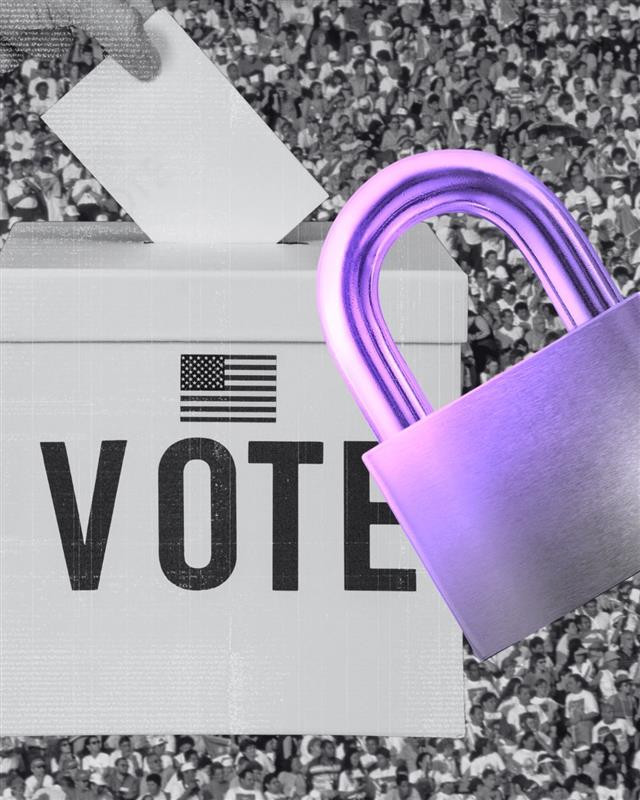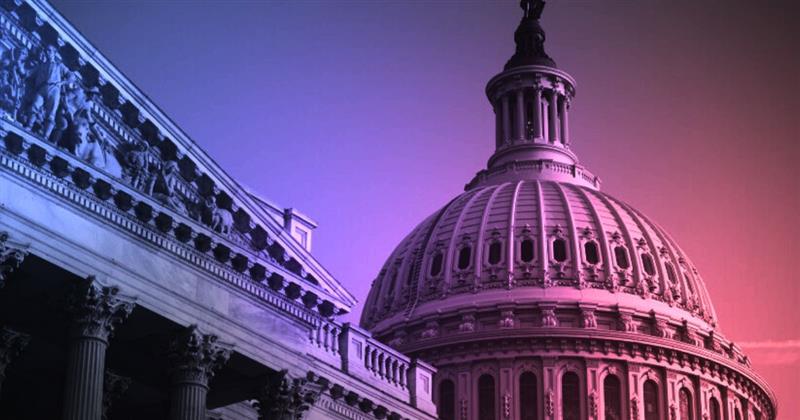Soaring debt and economic struggles are shaping voter sentiment, particularly among independent voters.
The Big Picture
Today, the United States is over $35 trillion in debt. This number is so vast that it often becomes an abstraction, yet its impact on federal programs, affordability, and economic stability is undeniable.
This crisis is accelerating. A March report by CNBC noted that the U.S. is adding $1 trillion to the national debt every 100 days.
Zooming In
The Rising Cost of Living
For the average American, affordability remains a major concern. Everyday necessities—gas, groceries, housing—remain stubbornly expensive. While higher-income earners may only feel a slight impact, middle- and working-class Americans are experiencing significant financial strain.
According to Fortune, millennial Americans are increasingly “disenfranchised” by the cost of homeownership, which threatens economic mobility and financial security.
The Importance of Homeownership
Owning a home has long been a pillar of the American Dream, not just for financial stability but also for fostering strong communities. As younger generations struggle to buy homes, their connection to their communities weakens, leading to greater political and social disenchantment.
Global Lessons on Economic Instability
The consequences of fiscal mismanagement aren’t just theoretical. Recent events in other nations highlight the real-world impact of skyrocketing debt and rising costs:
- In Kenya, unpopular tax hikes led to mass protests and government instability.
- In Bolivia, economic struggles and fuel shortages triggered a failed coup attempt.
- Since the 2020 pandemic, Argentina, Sri Lanka, France, and Pakistan have all experienced political unrest due to reckless spending and economic mismanagement.
Political Discontent and Rising Populism
As affordability worsens, voters become increasingly skeptical of traditional institutions. This fuels the rise of populist leaders like Donald Trump and Bernie Sanders, who channel voter frustration into movements that seek to overhaul the status quo.
Independent Lens
Independent voters recognize that economic mismanagement isn’t just a problem for future generations—it’s a present crisis. If affordability issues aren’t addressed, disillusionment will continue to spread, undermining faith in democracy and the economic system.
The U.S. may not be Kenya or Bolivia, but ignoring these warning signs would be a mistake. Younger voters, in particular, are aware that they will bear the burden of today’s reckless spending. The party that acknowledges this reality and presents tangible solutions will earn their trust.
Subscribe to our newsletter for more insights into economic policy and independent voter concerns.


.jpeg)


.jpg)